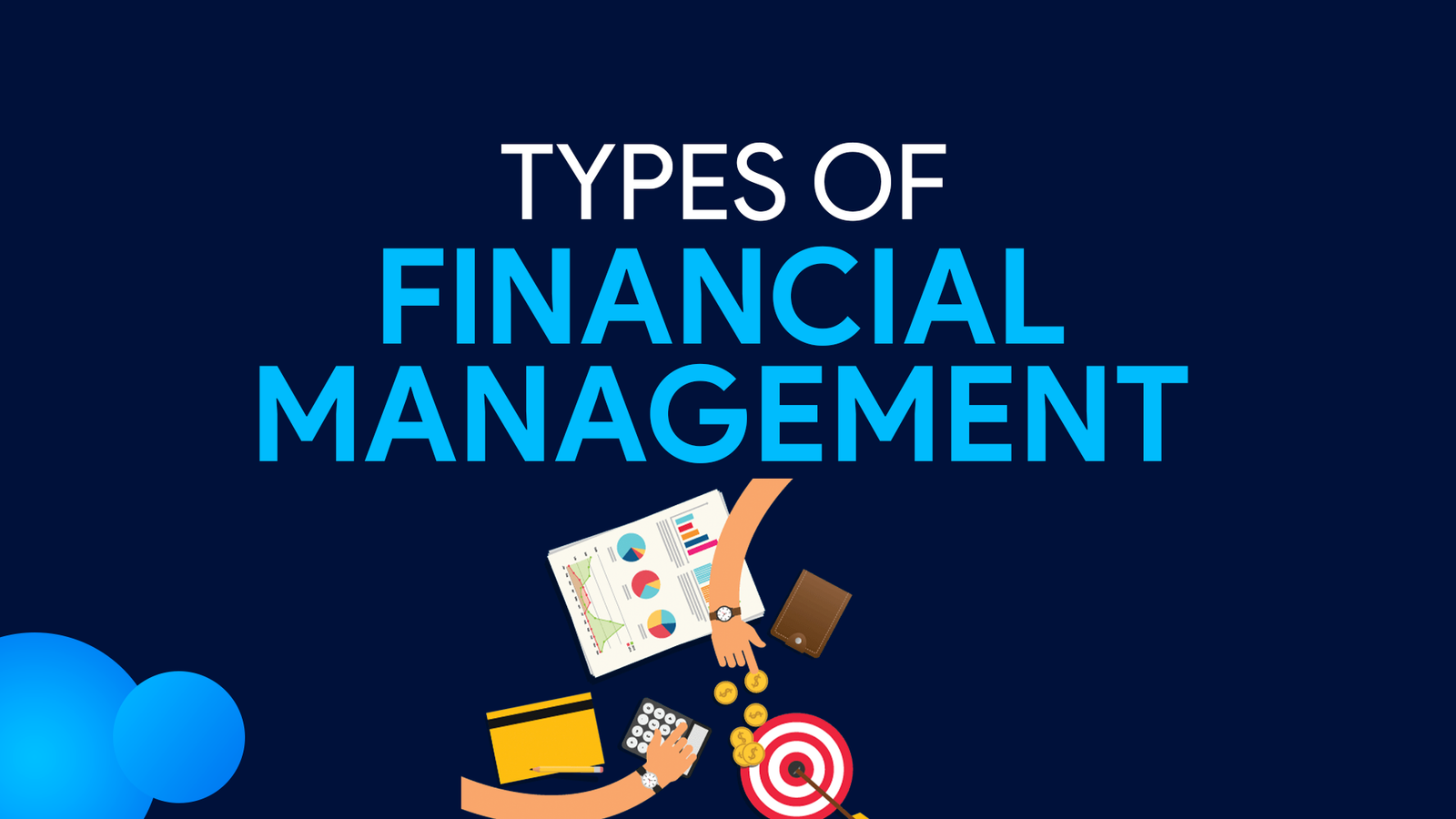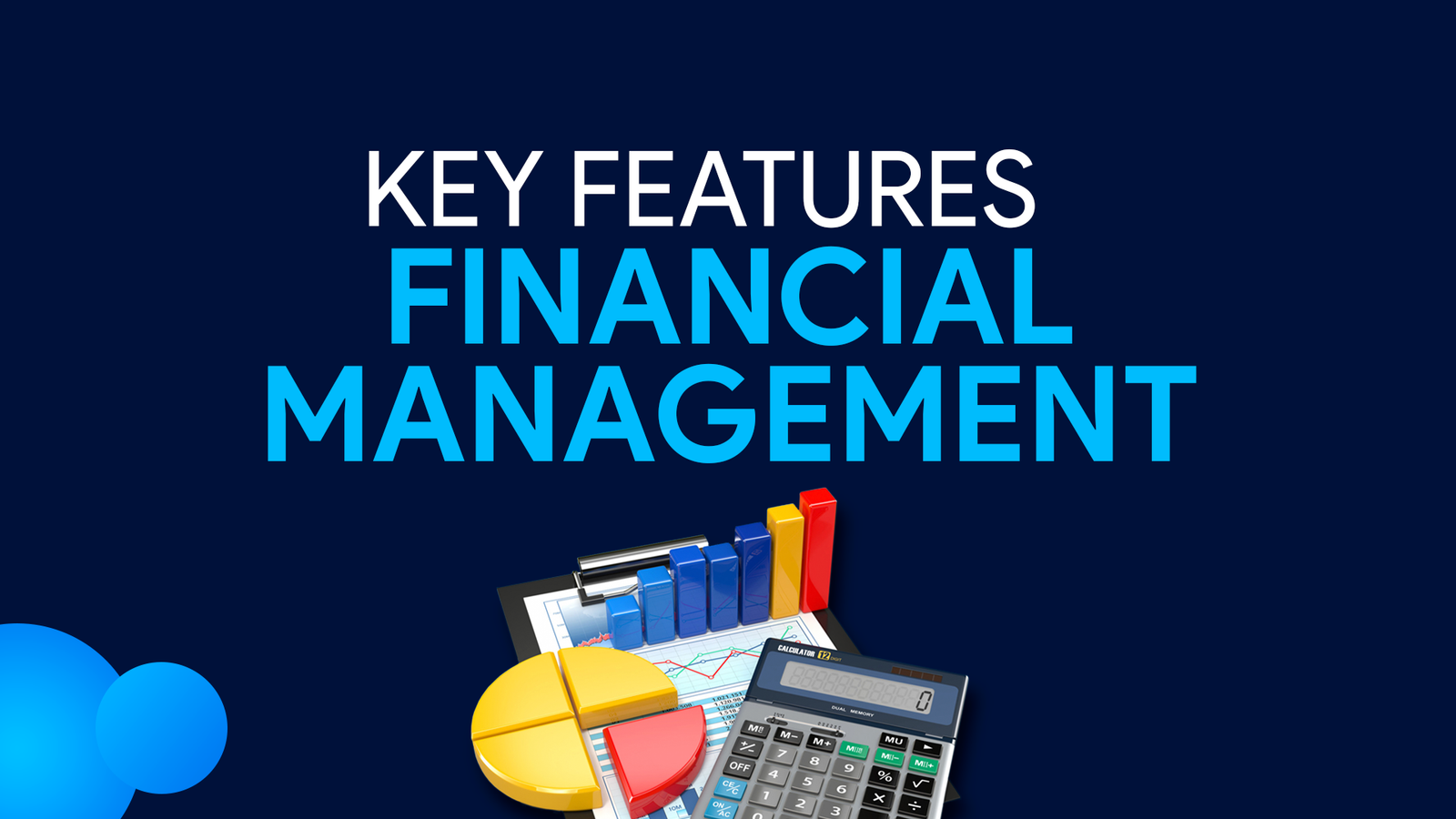Introduction

Economic control refers to the procedure of managing and making decisions approximately of money. It’s important activities like budgeting, saving, making an investment, and making plans for destiny. Finance management intends to make sensible selections together with your cash to obtain your monetary desires and ensure financial balance. It’s like being the captain of your final financial analytics inside the right path.
Furthermore, When working with individuals, finance control can also entail planning for retirement, university financial savings, and other private investments.
What is financial management?
Financial management is all about effectively managing your own money and making a smart decision to achieve your financial goal. It involves budgeting, saving, investing, and financing planning for the future. By practicing correct monetary management, you could manipulate your price range and work closer to a more stable and prosperous future.
Particularly, Finance control is the strategic making of plans and handling of a business enterprise’s budget to better align its economic repute to its dreams and goals. Depending on the size of a corporation, finance control seeks to optimize shareholder price, generate income, mitigate chance, accounting and protect the company’s economic fitness within a quick and long time.
Today we are discussing in the article, the objective of financial management, its types and some key features.
The objective of financial management
Here are some objectives of financial management
- To make sure regular and good enough supply of funds to the concern.
- Ensure ok returns to the shareholders for your depending on the earning capability, marketplace price of the percentage, and expectations of the shareholders.
- To make certain premiere price range utilization. Once the finances are procured, they have to be utilized in a maximum viable manner at the least fee.
- To ensure safety on investment, i.e., price range needs to be invested in secure ventures so that a good enough charge of return may be accomplished.
- To plan a valid capital structure – There needs a sound and fair composition of capital so that stability is maintained between debt and equity capital.
- When it comes to economic management, there are different types or areas that you could be aware of.
Types of financial management

Generally, we can divide financial management into multiple types. Here are a few major types of financial management:
1. Personal Finance: This form of financial control is all about managing your non-public finances, such as budgeting, saving, making an investment, and planning your future financial desires.
2. Corporate Financial Management: This form of economic management is specific to groups and includes managing an agency’s finances, which include financial making plans, business data, budgeting, cash waft control, and making funding selections.
- Public Financial Management: It is a type of financial management related to the management of public funds by government entities. It involves budgeting, revenue management, expenditure control, and financial reporting.
4. Non-profit Financial Management: Non-profit organizations additionally require monetary control to effectively manage their resources and fulfill their project.
- International Financial Management: This sort of economic management makes a specialty of managing financial operations in a global context, managing foreign currencies, worldwide investments, and international exchange.
Moreover, these are just some examples of financial management. The precise type of economic control you can come upon depends on your personal or expert instances.
Key features

Here is a list of some key features of financial management that every person should know about:
● Budgeting:
It’s like growing a plan or a roadmap on your cash. You parent out how a good deal you earn and how much you spend. By budgeting, you will make sure you are no longer overspending and store cash for the things that rely on you.
● Saving:
This method puts aside a portion of your profits for destiny desires or dreams. It’s like placing money in a piggy bank for a wet day or something you want to buy in the future. Saving enables you to construct a financial cushion and obtain your goals.
● Investing:
When you make investments, you’re placing your cash into things like stocks, bonds, or real estate with the hope that they’ll develop in cost through the years. In financial management investing can help you to build wealth and make your money.
● Debt Management:
This is set to manage any money owed to you, like credit score card debt or loans to make normal payments, keeping song of due dates, and locating strategies to pay off your debts successfully.
● Goal Setting:
● Risk Management:
Life is full of uncertainties, and risk management is set shielding yourself financially from unexpected occasions. It involves having coverage insurance, approaches developing an emergency fund, and being organised for any financial challenges that may come your way.
Additional features of financial management:
● Tax Planning:
This is all about locating legal ways to decrease the amount of taxes you owe. By know-how tax laws and the usage of deductions or credits, you can optimise your tax state of affairs and maintain more money in your pocket.
● Retirement Planning:
Planning your retirement method, making ready financially for the time when you may now not be running. It can involve saving and making investment for destiny so that you can enjoy a comfortable and secure retirement.
● Financial Education:
Continuously getting to know approximately non-public finance is crucial. Thus, it will help you to make knowledgeable choices, understand financial ideas, and live up to date with the fine practices for manipulating your goals effectively.
● Adjusting and Monitoring:
Financial management isn’t always a one-time issue. It’s important to frequently review your monetary state of affairs, tune your development in the direction of your desires, and make modifications as desired.
Conclusion
In brief, financial management is key to handling our money wisely, from budgeting and saving to investing, it’s not taken lightly. It allows us to reach our goals and steady our future, making sound selections, and being a clever money nurturer. To discover ways to manage our prices and stay within our means, debt and overspending, and attaining our goals, building an emergency fund, a safety net for the unexpected future, investing for the long term, where our money is protected.
Overall, through financial management and planning, we gain control and peace of mind, making informed choices, and leaving financial stress behind.
FAQs
Here are a few asked questions on personal finance:
Q. Why is economic control important?
Ans. It will help you to manage your money and attain your goals in financial management
Q. How will I create a budget?
Ans. List your earnings and fees, allocate cash to distinctive categories, and song your spending.
Q. How can I store money?
Ans. Cut return on pointless costs and find growth methods for your earnings.
Q. What are excellent funding alternatives?
Ans. Stocks, bonds, mutual finances, and actual property.
Q. How can I manage my money owed efficaciously?
Ans. Prioritize and create a reimbursement plan, make ordinary bills, and don’t forget debt consolidation or negotiation.
Q. How to set financial goals?
Ans. Make particular, measurable, workable, relevant, and time-sure dreams (SMART).
Q. What is the importance of coverage in economic management under financial management?
Ans. It provides you safety against unexpected events and financial hardship.
Q. How will I plan for retirement?
Ans. Estimate your wishes, contribute to retirement money owed, diversify investments, and seek advice from experts.